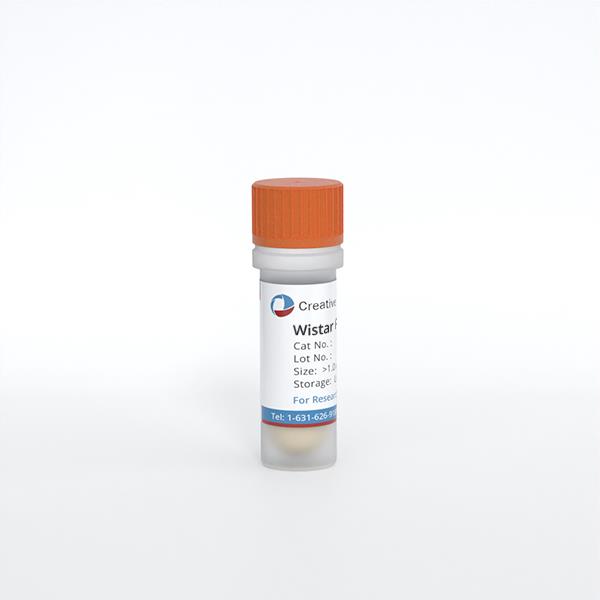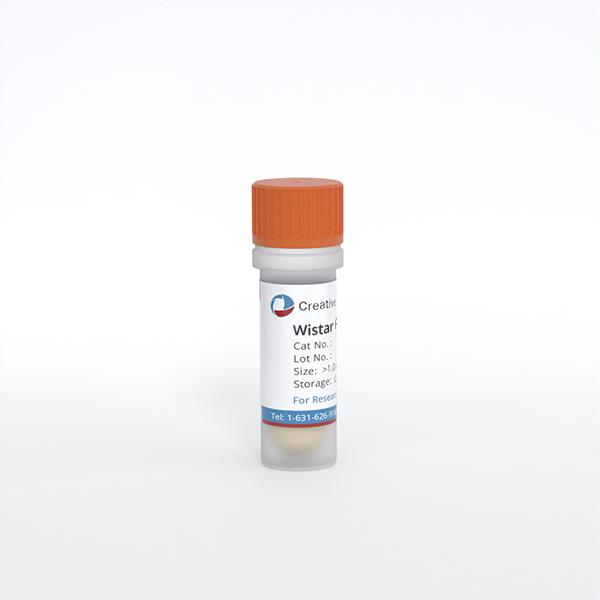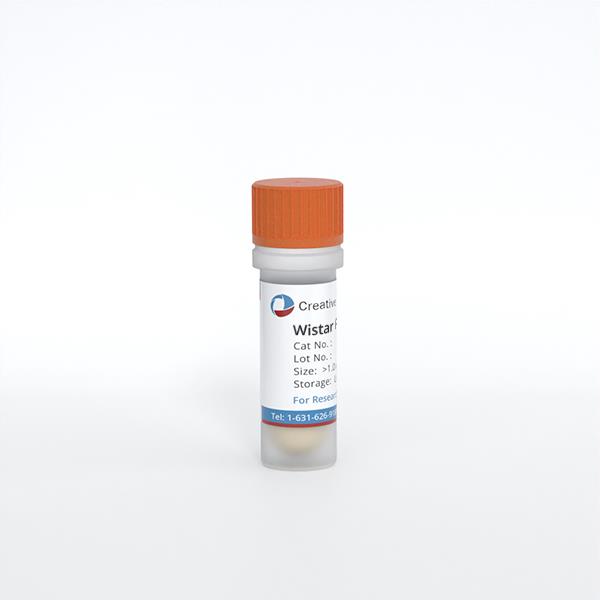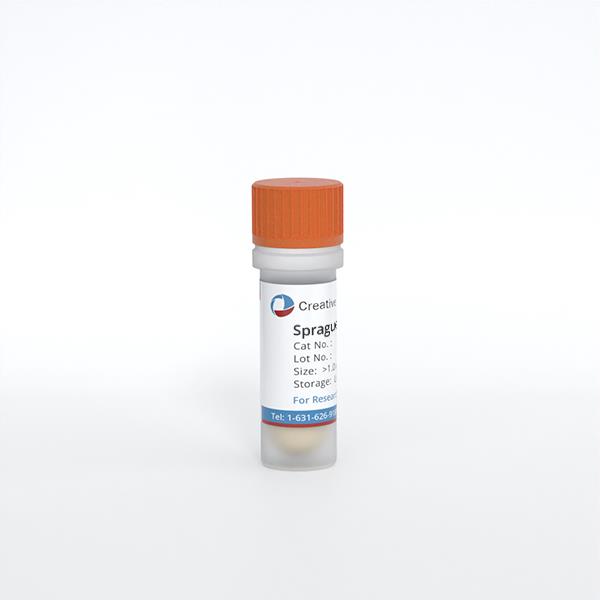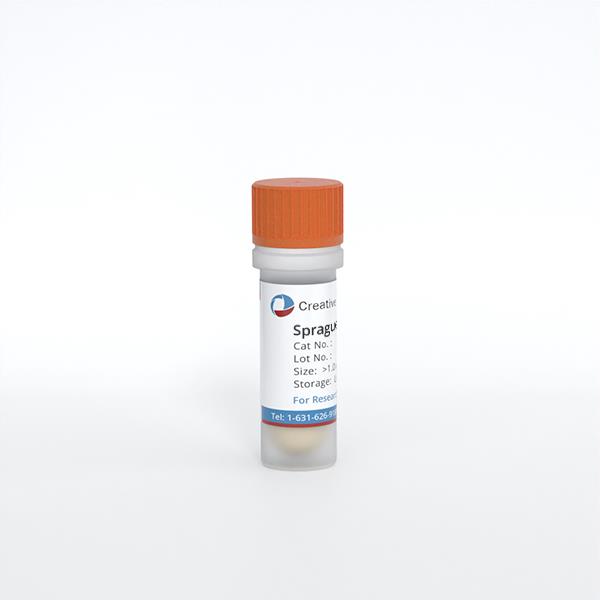Featured Products
Hot Products
ONLINE INQUIRY

Guinea Pig Umbilical Vein Endothelial Cells
Cat.No.: CSC-C10006
Species: Guinea Pig
Source: Umbilical Cord; Vein
Cell Type: Endothelial Cell
- Specification
- Q & A
- Customer Review
Cat.No.
CSC-C10006
Description
Guinea Pig Umbilical Vein Endothelial Cells from Creative Bioarray are isolated from the guinea pig umbilical cord tissue. The method we use to isolate guinea pig umbilical vein endothelial cells were developed based on a combination of established and our proprietary methods. The guinea pig umbilical vein endothelial cells are characterized by immunofluorescence with antibodies specific to PECAM-1/CD31 or von Willebrand factor (vWF). Each vial contains 5x10^5 cells per ml and is delivered frozen.
Species
Guinea Pig
Source
Umbilical Cord; Vein
Cell Type
Endothelial Cell
Disease
Normal
Quality Control
Cells are negative for bacteria, yeast, fungi, and mycoplasma.
Storage and Shipping
Creative Bioarray ships frozen cells on dry ice. On receipt, immediately transfer frozen cells to liquid nitrogen (-180 °C) until ready for experimental use.
Never can cryopreserved cells be kept at -20 °C
Never can cryopreserved cells be kept at -20 °C
Citation Guidance
If you use this products in your scientific publication, it should be cited in the publication as: Creative Bioarray cat no. If your paper has been published, please click here to submit the PubMed ID of your paper to get a coupon.
Ask a Question
Write your own review
Related Products

